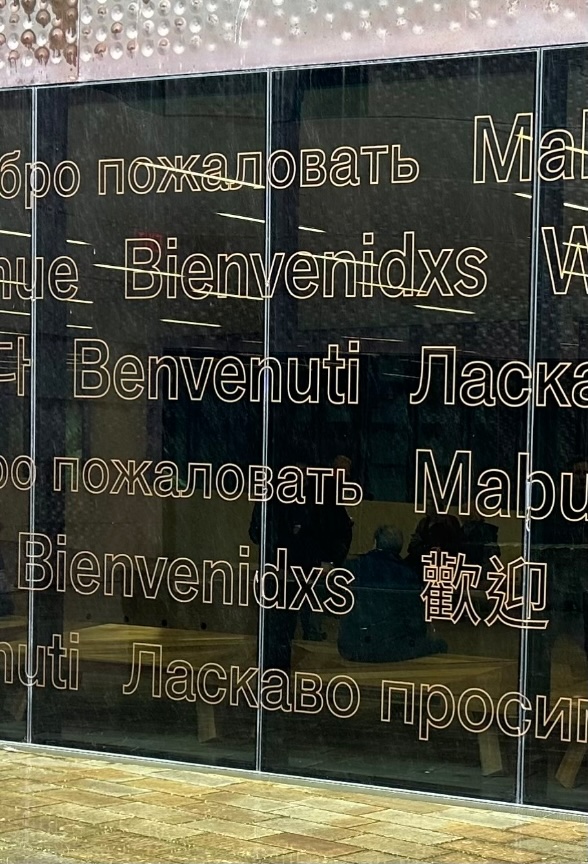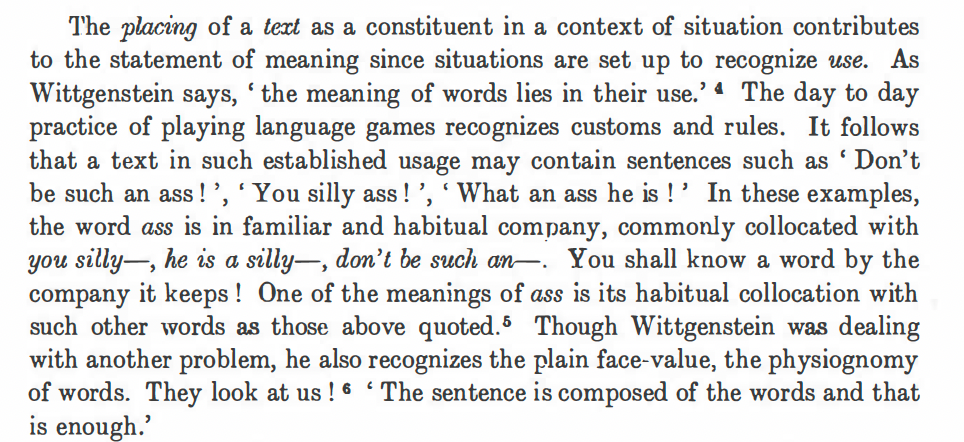A little over a month ago, People's Daily published an article featuring drone photography of the coastal city of Quanzhou in Fujian Province:
Aerial view of legacies along ancient Maritime Silk Road in China's Fujian Xinhua (12/16/23)
Upon reading the article, I commented:
Journey to the West
Sun Wukong and Hanuman
This article is especially significant for many reasons, and is personally poignant for me because of its prominent coverage of the magnificent stone pagodas at the Kaiyuan temple in Quanzhou. It was here that, among other important material, I found visual evidence for a connection between the monkey king, Sun Wukong, in the famous Ming novel, Journey to the West, and the simian hero, Hanuman, in the Indian epic, Ramayana.
If you do a google search on kaiyuan pagoda quanzhou victor mair (no quotation marks) you will find many references to what I discovered.
The article also affords ample coverage of the architectural wonders (bridges, houses, city gates, residential areas, canals, etc.) of Quanzhou and other cities of the region.
I wish to make a special note of the Hindu associations of the Kaiyuan temple, which help to explain and underscore the appearance of Hanuman and other Indian iconography on its famous stone pagodas.
Read the rest of this entry »




